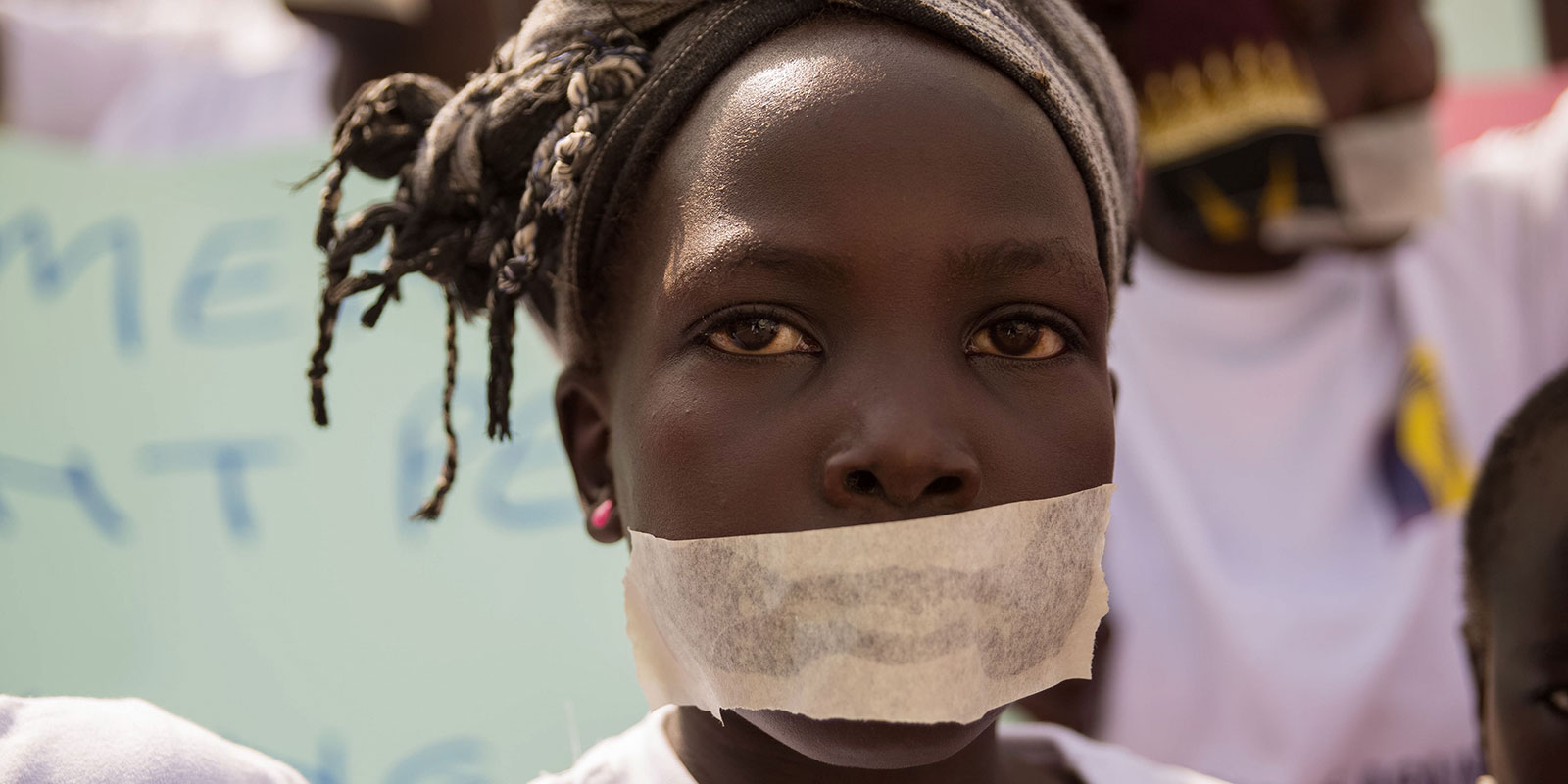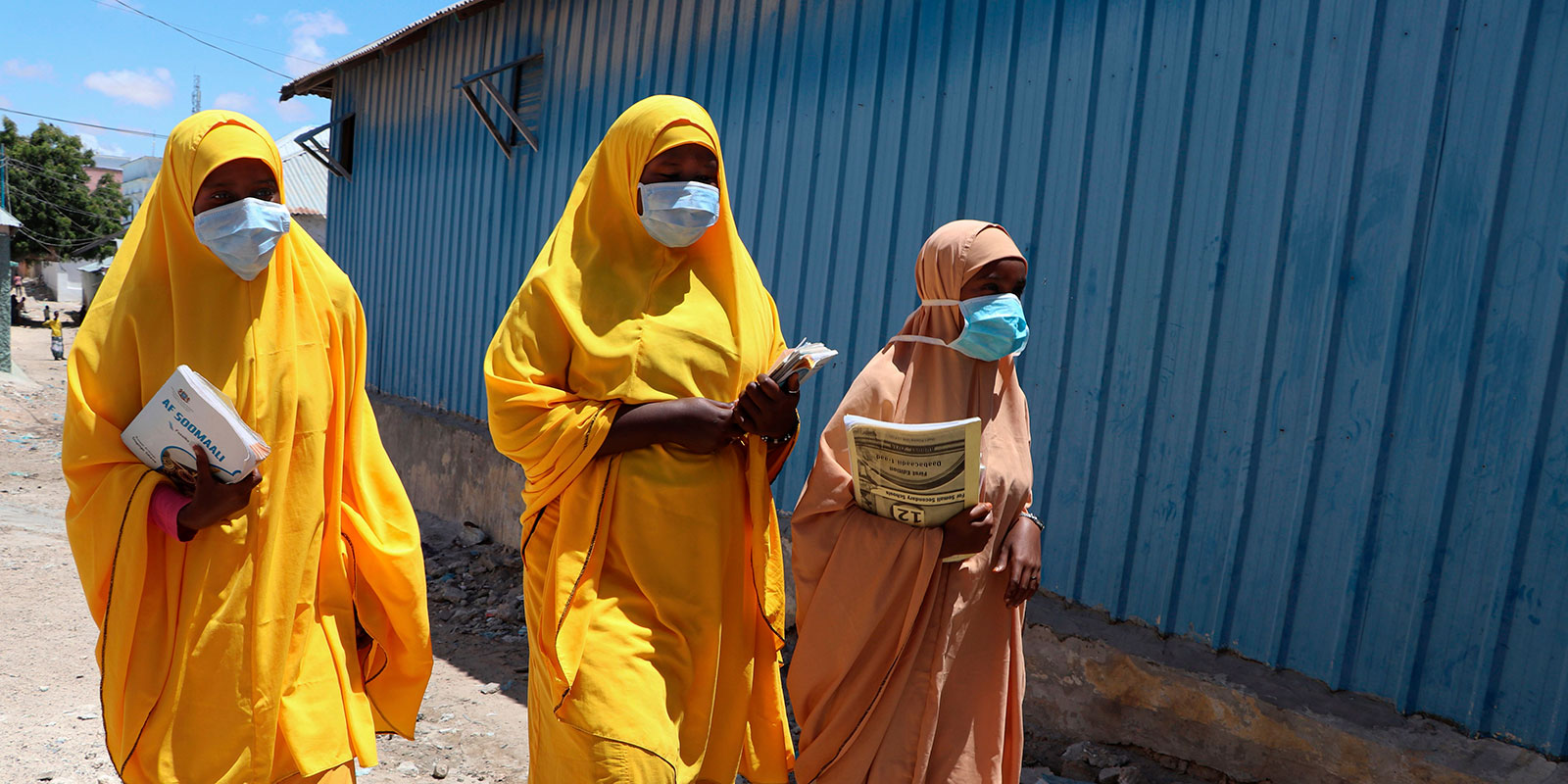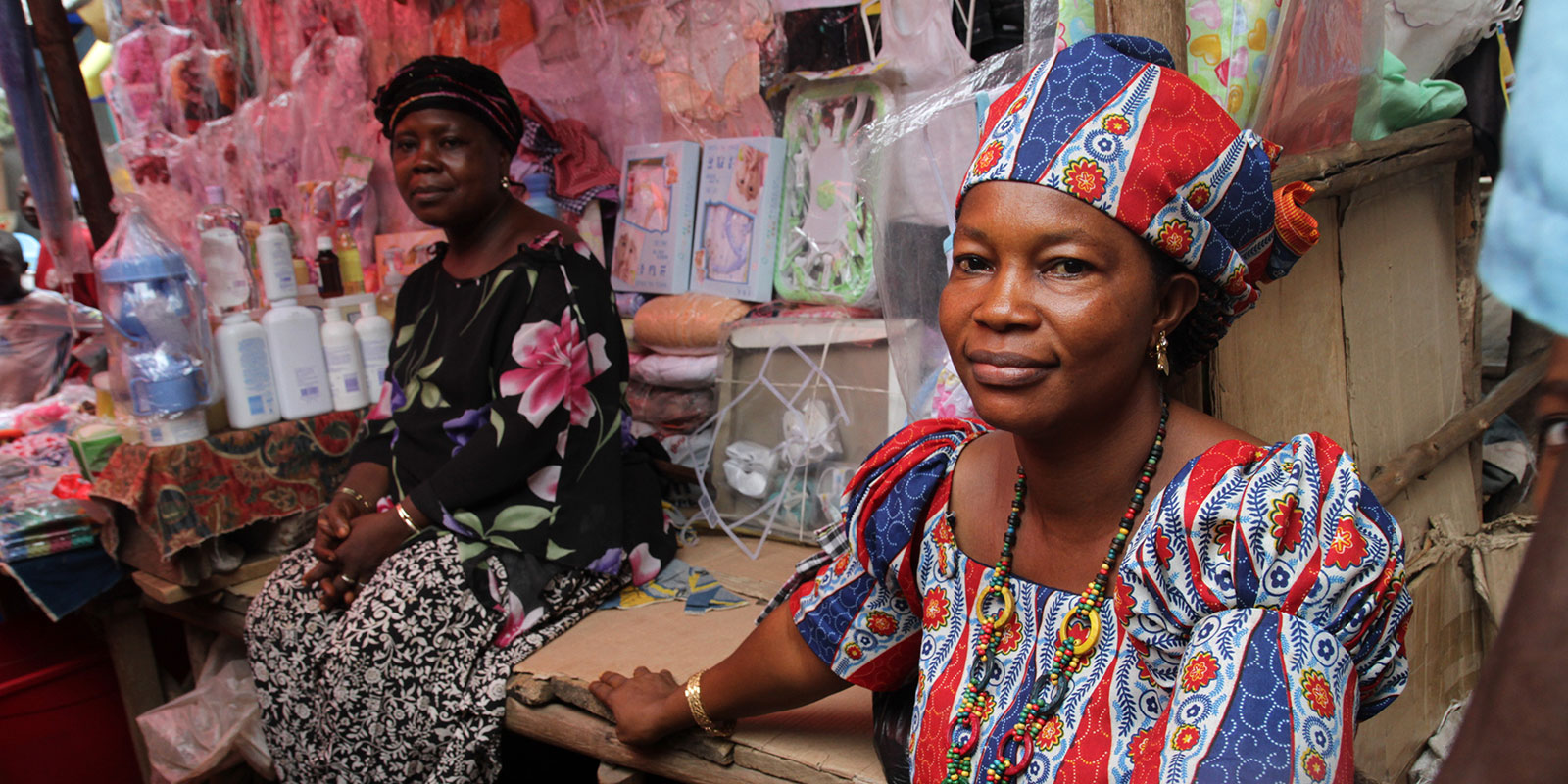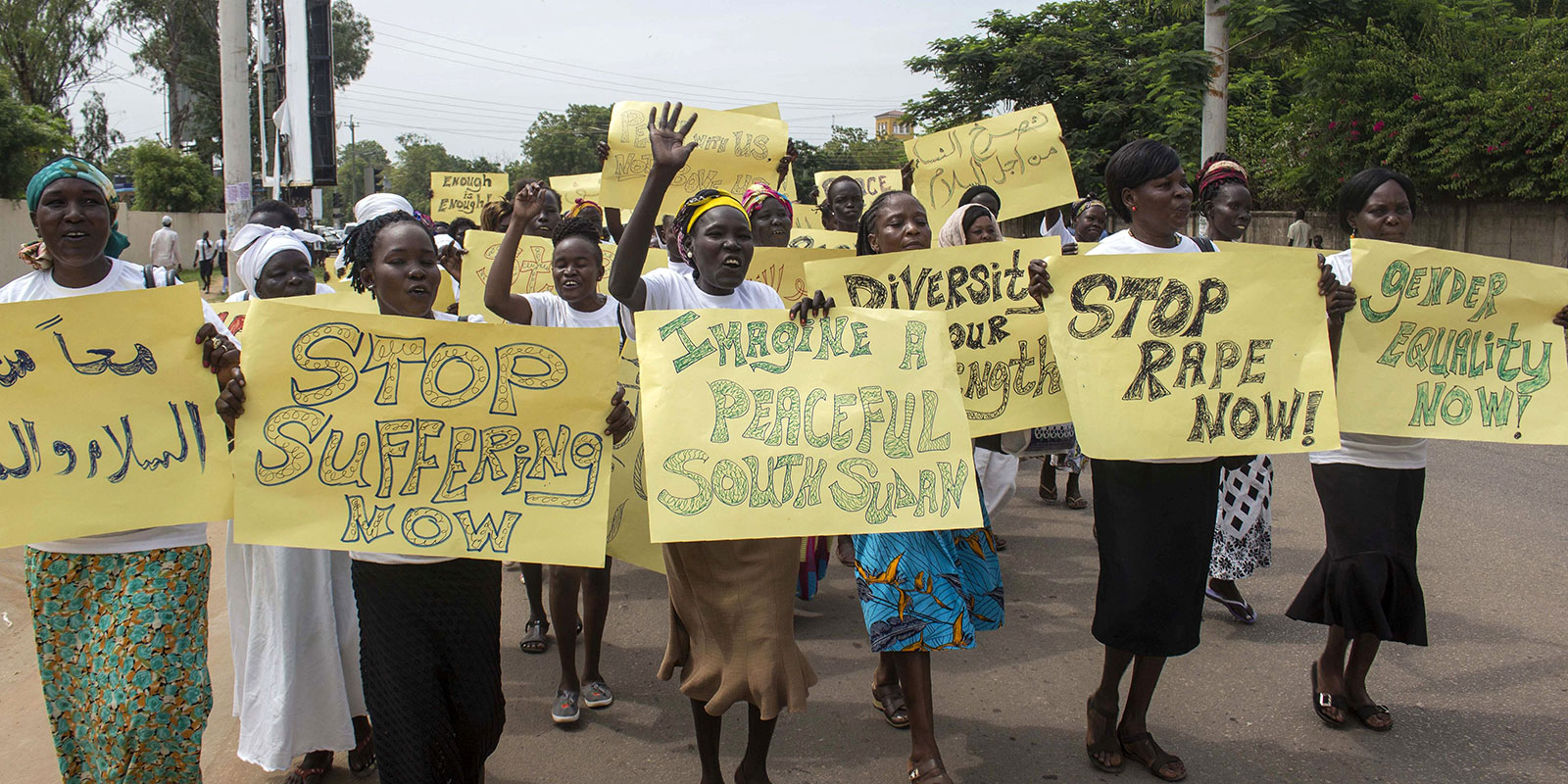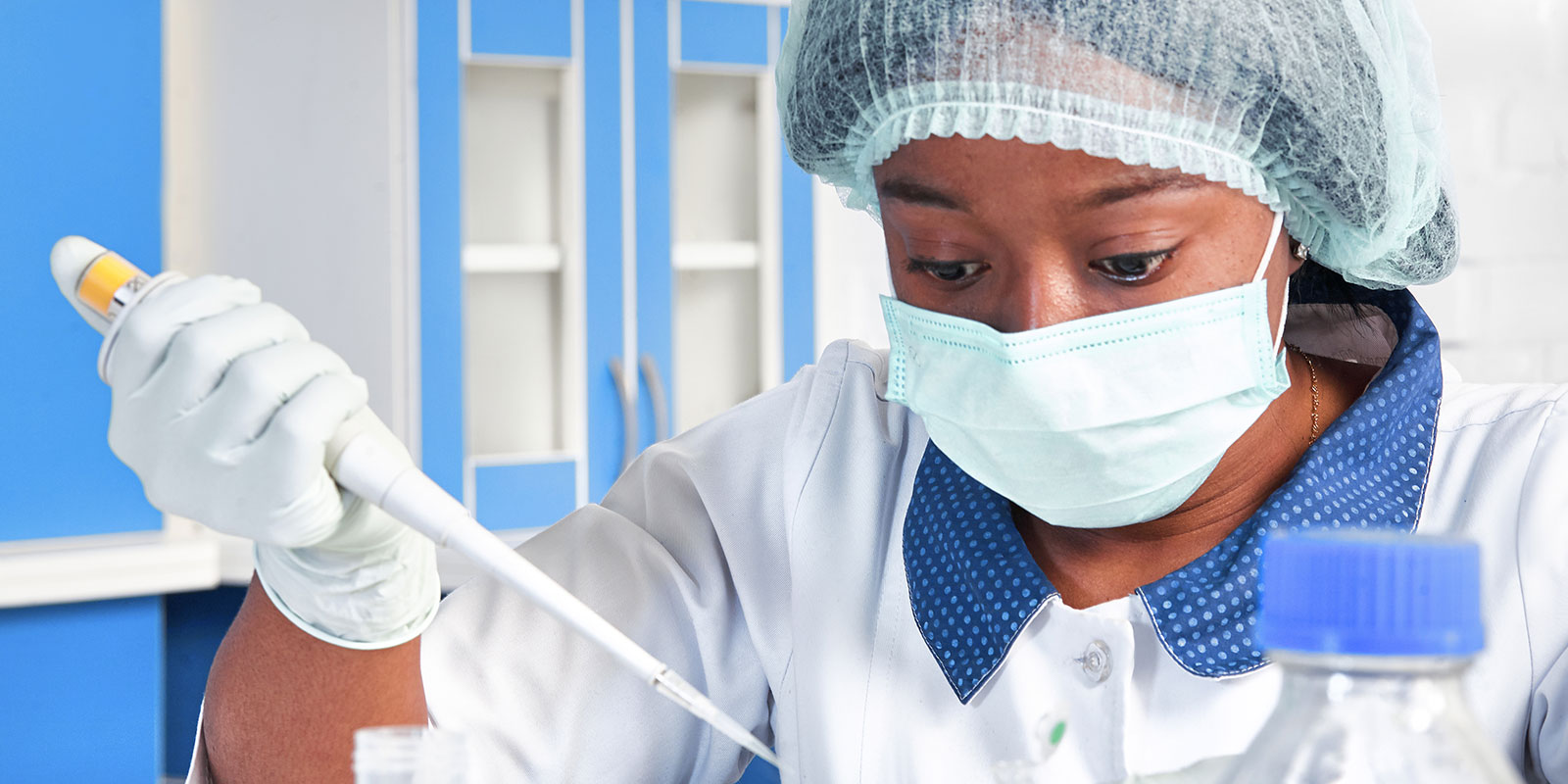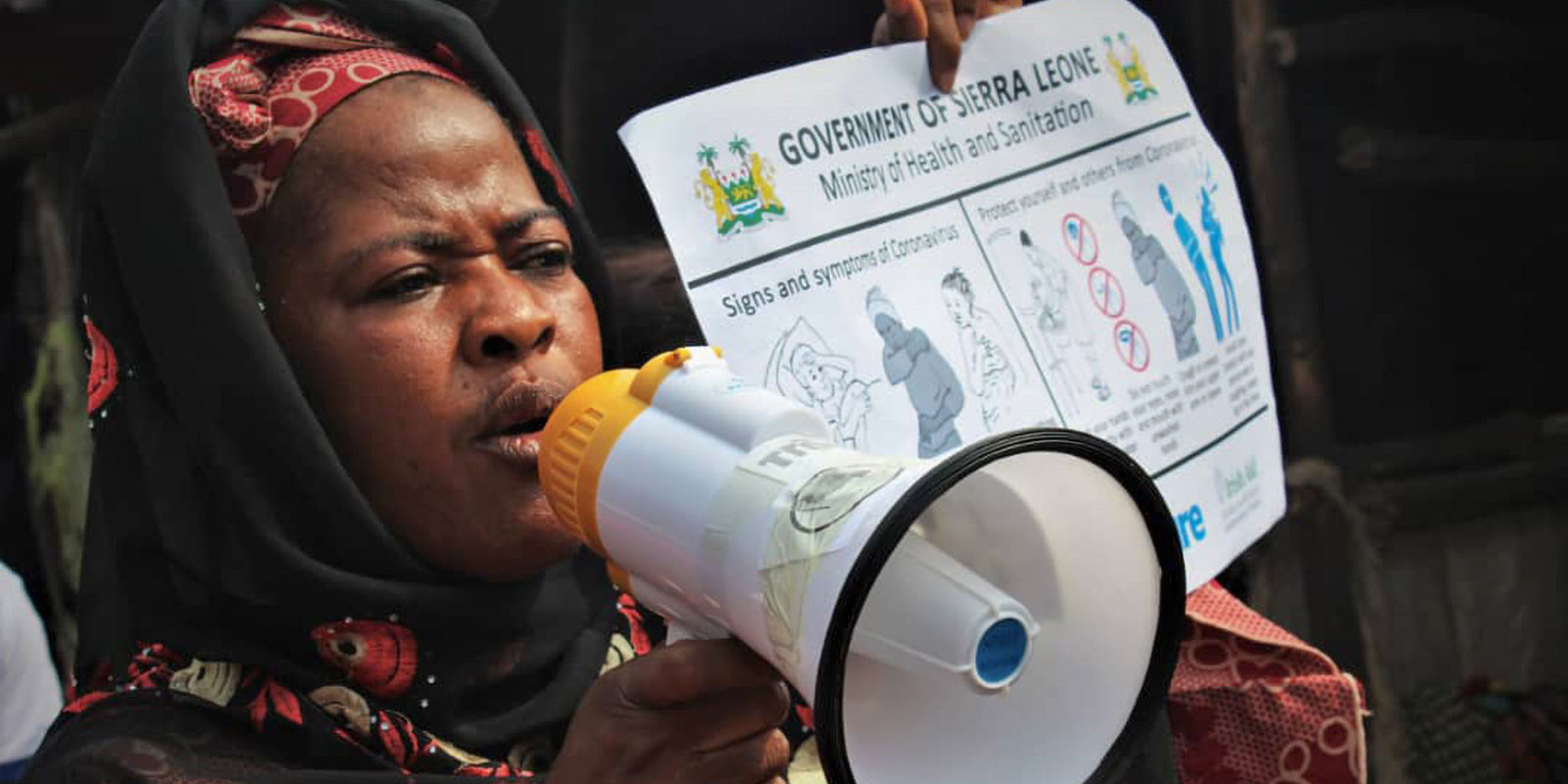This week ACCORD’s Monitor celebrates International Women’s Day! Our feature piece is by Madam Graça Machel, a longstanding global women and children champion, and the chair of ACCORD’s Board of Trustees. Calling us to action, Madam Machel stresses that there is no time to waste! As she reflects on how the COVID-19 pandemic has disrupted our mission for gender equality and exposed some of the shortcomings in our struggle for a fairer and more equitable world, Madam Machel asserts that women have to be at the core of COVID-19 responses.
Turning our focus to insights from a sub-regional perspective, Kapinga Yvette Ngandu, the Commissioner for for the Promotion of Gender, Human and Social Development at the Economic Community of Central African States (ECCAS), draws our attention to how female leadership has emerged in the sub region, and claims that women scientists in this sub-region hold the upper hand in the response to the COVID-19 pandemic. This article shares commitments for a way forward and opportunities to enhance the role of women in the COVID-19 response in the ECCAS region. Indeed, the contribution reminds us that the best prepared health systems in the world themselves seem relatively powerless in the face of the pandemic.
Taking it to a granular level, Riya William Yuyada, in her perspective from South Sudan, brings out the often contested tensions of what comes first – peace before women’s rights or women’s rights before peace. She argues that women in South Sudan cannot wait for the COVID-19 pandemic to end before continuing their work for women’s rights and peace.
While we try to adapt to the new COVID-19 world, women’s economic empowerment has to be front and centre of any responses for meaningful change. What does Africa’s latest Pan-African development programme: The African Continental Free Trade Area (AfCFTA) offer women and in this time of a health pandemic? Thokozile Ruzvidzo and Nadira Bayat from the United Nations Economic Commission for Africa (UNECA) turn our attention to the AfCFTA and empowering women for an equal AfCFTA. Drawing our attention to the fact that benefits will not be automatic, the article offers insights into the window of opportunity and harnessing the ecosystem of partners, including African governments and policymakers, private sector, civil society and development partners, to work together to support economic empowerment interventions identified in AfCFTA national policy processes.
Lastly, ACCORD’s Pravina Makan-Lakha and Molly Hamilton reflect on the one hundred and eleventh International Women’s Day and ask if achieving an equal future in a COVID-19 world is possible? In this article, we are reminded that it has been a century and a decade since the first International Women’s Day, yet gender inequality and women’s socio-economic empowerment remain unfinished business. Is there an opportunity in the COVID-19 crisis?

